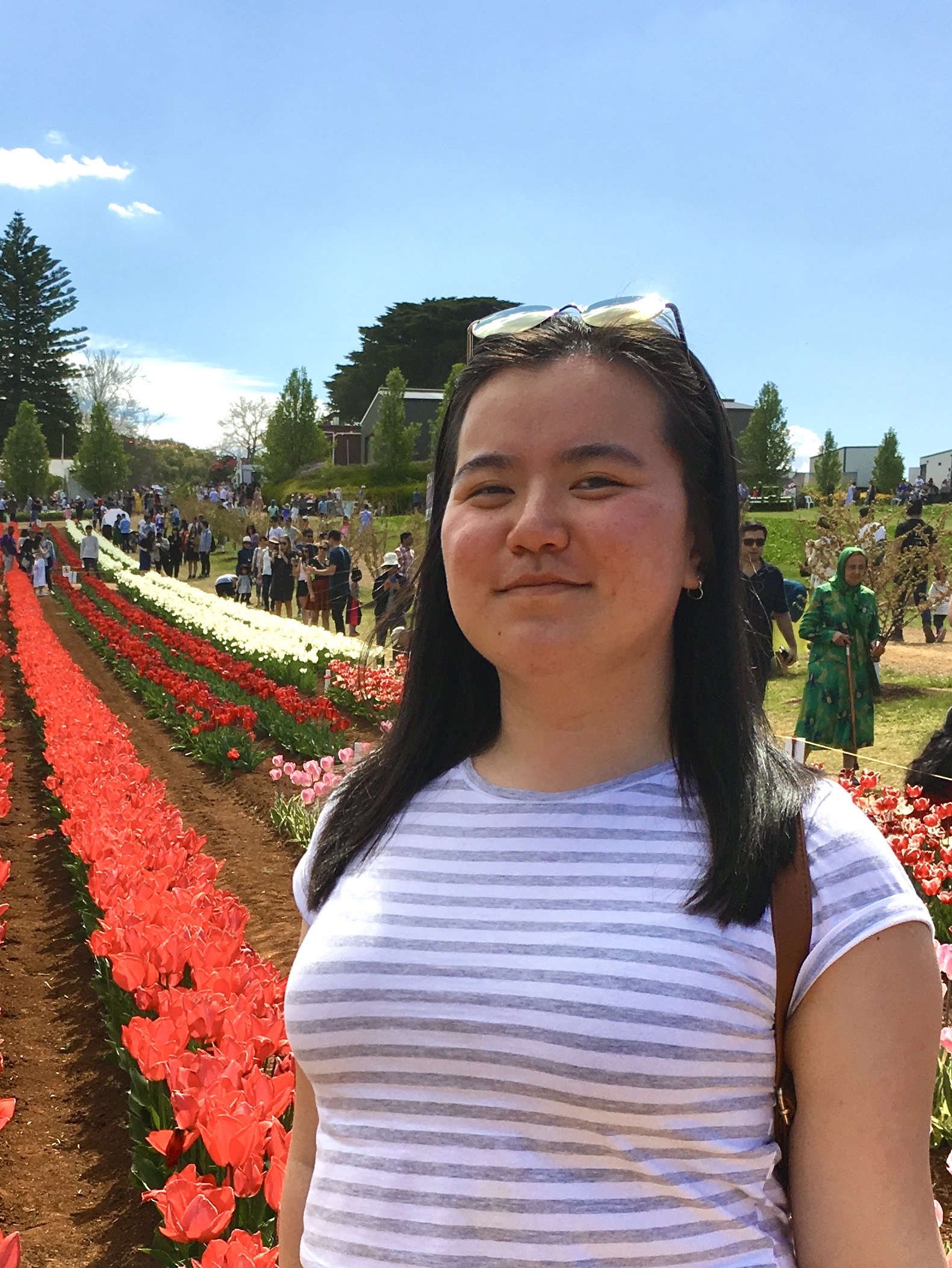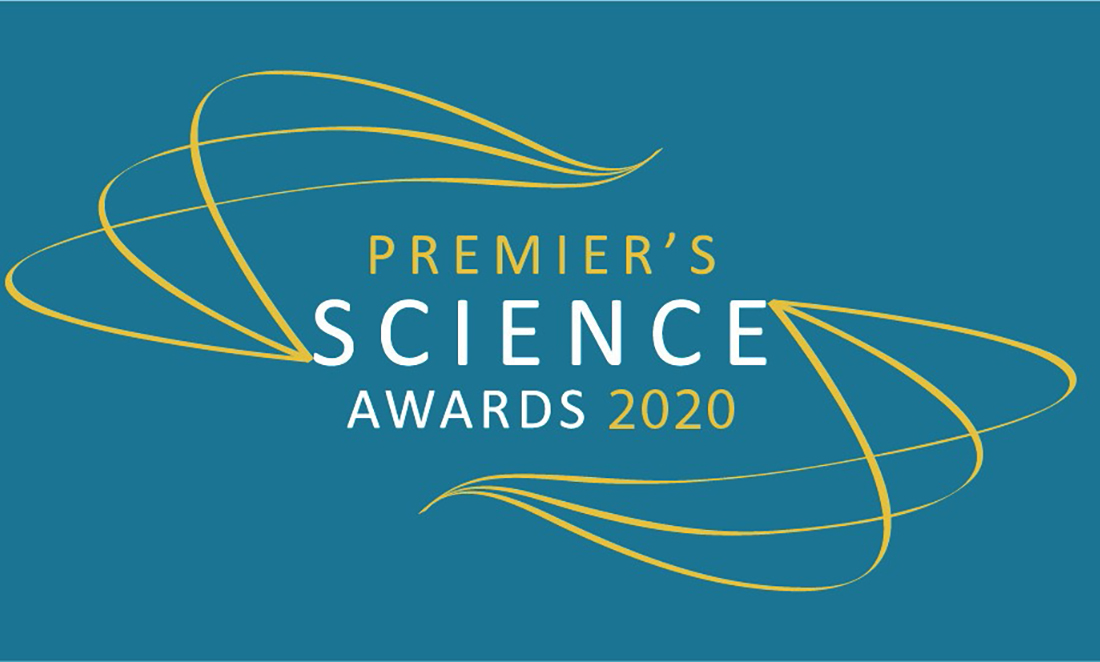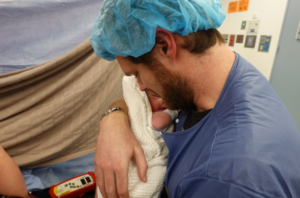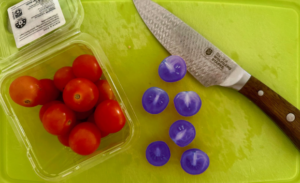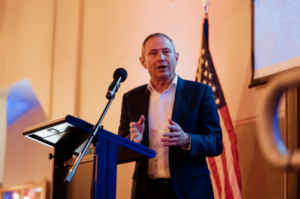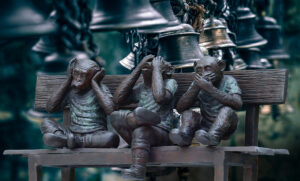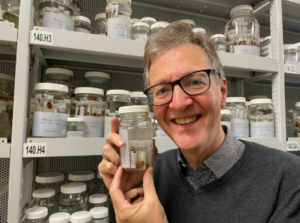Despite 2020 being a year of unprecedented events, there was one thing we could count on – the celebration of WA science.
WA Science Hall of Fame inductee
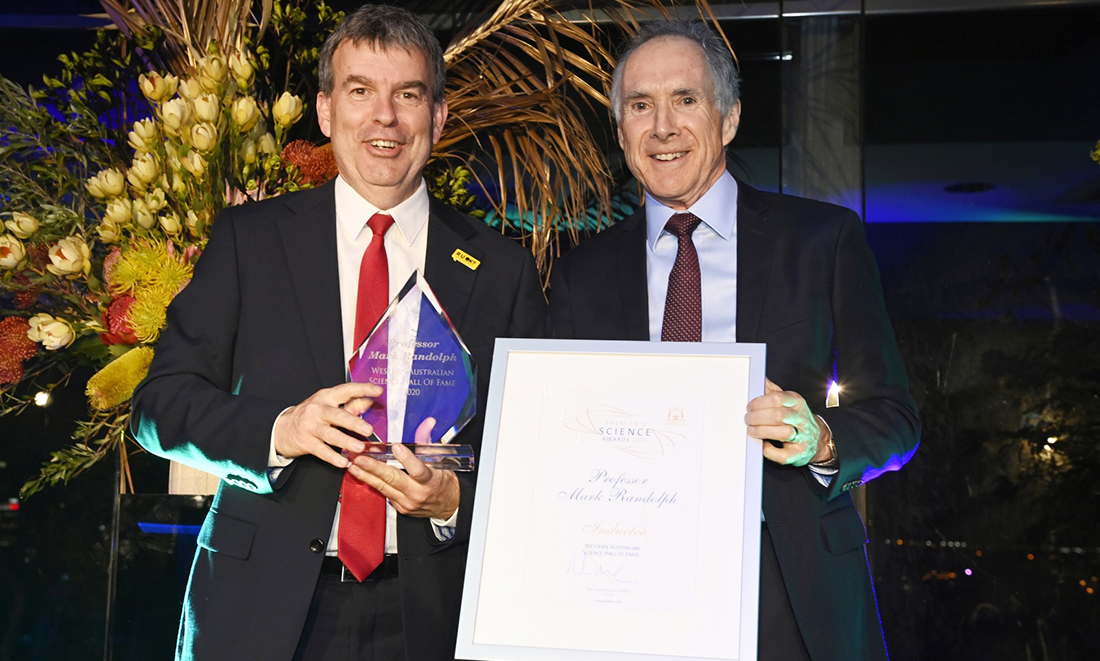
On 29 September 2020, Professor Mark Randolph was inducted into the Western Australian Science Hall of Fame for his contribution to developing numerous novel design solutions for WA’s challenging calcareous seabed sediments. He’s considered one of the world’s most highly cited geotechnical engineers. And among his numerous accolades, Professor Randolph was elected a Fellow of the Royal Society of London in 2011.
Scientist(s) of the Year
This year, the Scientist of the Year award had joint winners – Professor Ryan Lister and Professor Steven Tingay.
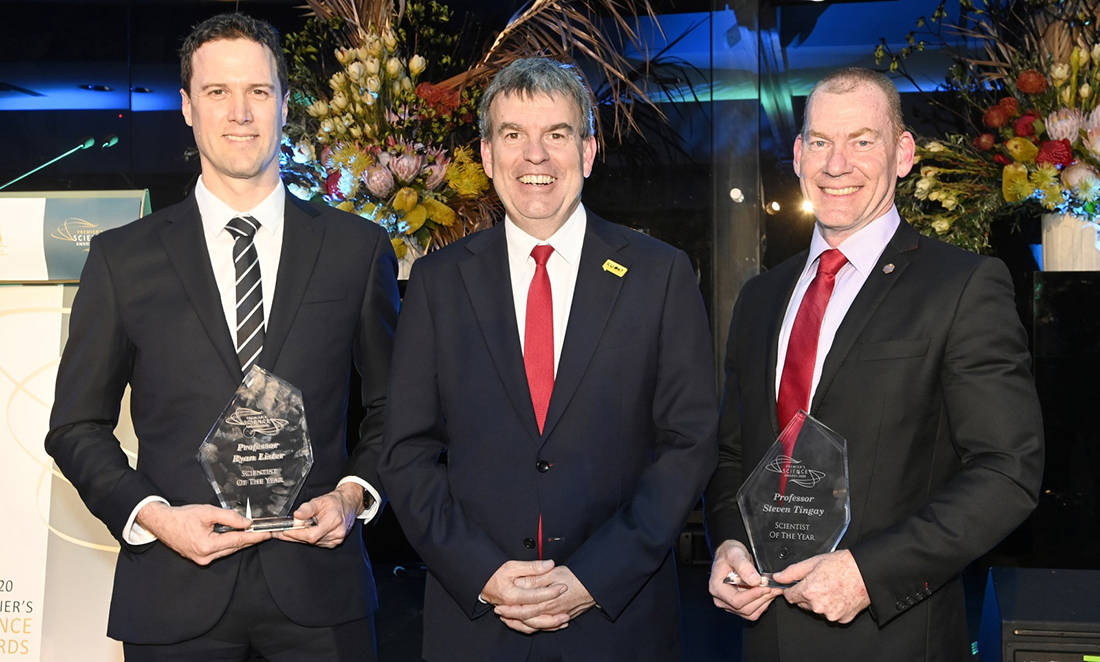
Professor Lister is a pioneer in epigenomics – the molecular code that determines which regions of our genes are expressed at any given time. Among his many achievements in the field, he has produced the world’s first complete map of the human epigenome.
Professor Tingay is a internationally renowned radio astronomer. As the Deputy Executive Director of the International Centre for Radio Astronomy Research, he has been a driving force behind the development of the Murchison Widefield Array and the upcoming Square Kilometre Array.
Woodside Early Career Scientist of the Year
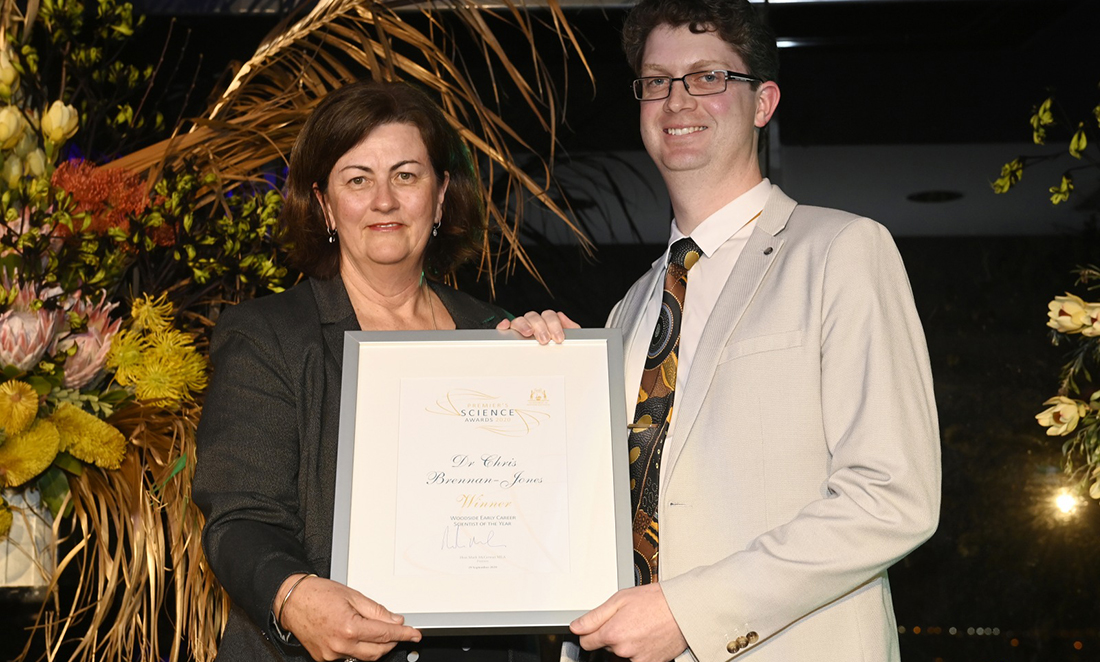
Dr Chris Brennan-Jones is a paediatric audiologist who has developed Ear Portal, a multi-award-winning telehealth program. On average, WA children can wait up to two years to access an ear specialist. However, with Ear Portal, that waiting period has been reduced to just 10 days. His aim is for every kid to start school with good hearing.
Shell Aboriginal STEM Student of the Year
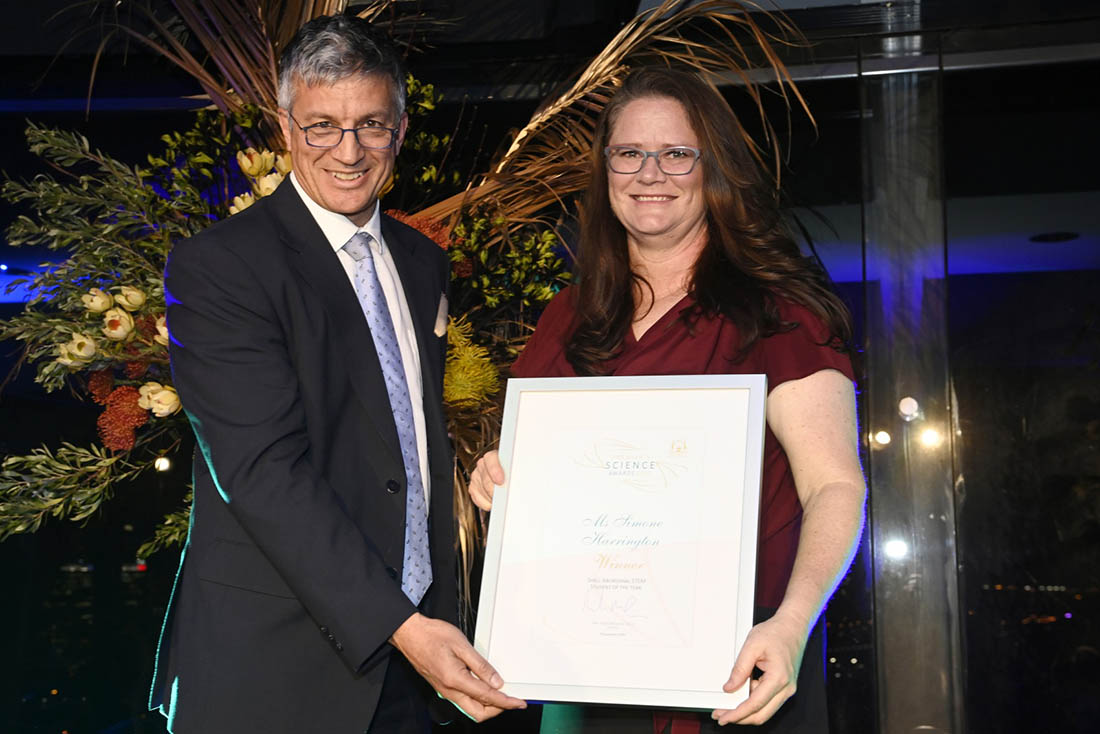
Simone Harrington is a proud Kidja woman and advocate for increasing Indigenous representation in the field of psychology. She is the first Indigenous postgrad student to study psychology at UWA. Simone is currently running her PhD around a group therapy program called Manage my Emotions, which is being provided to the community free of charge via UWA’s Robin Winkler clinic.
ExxonMobil Student Scientist(s) of the Year
This year, ExxonMobil Student Scientist of the Year award also had joint winners – Morgan Cox and Todd Bond.
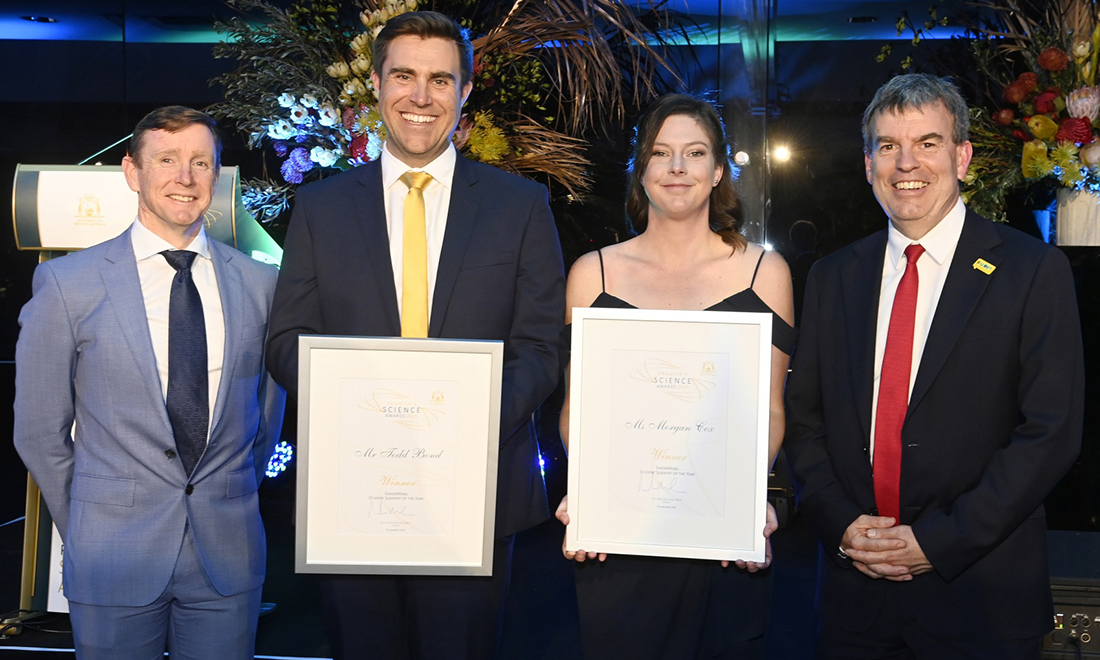
Morgan Cox is a PhD student and planetary geologist at Curtin University’s School of Earth and Planetary Science. Morgan started running her own research projects during her undergraduate degree and has since published numerous high-impact papers on the evolution of the Earth and other planetary bodies.
Todd Bond is a PhD researcher at the University of Western Australia who’s investigating how fish and fisheries interact with subsea pipelines used by oil and gas operators.
Chevron Science Engagement Initiative of the Year
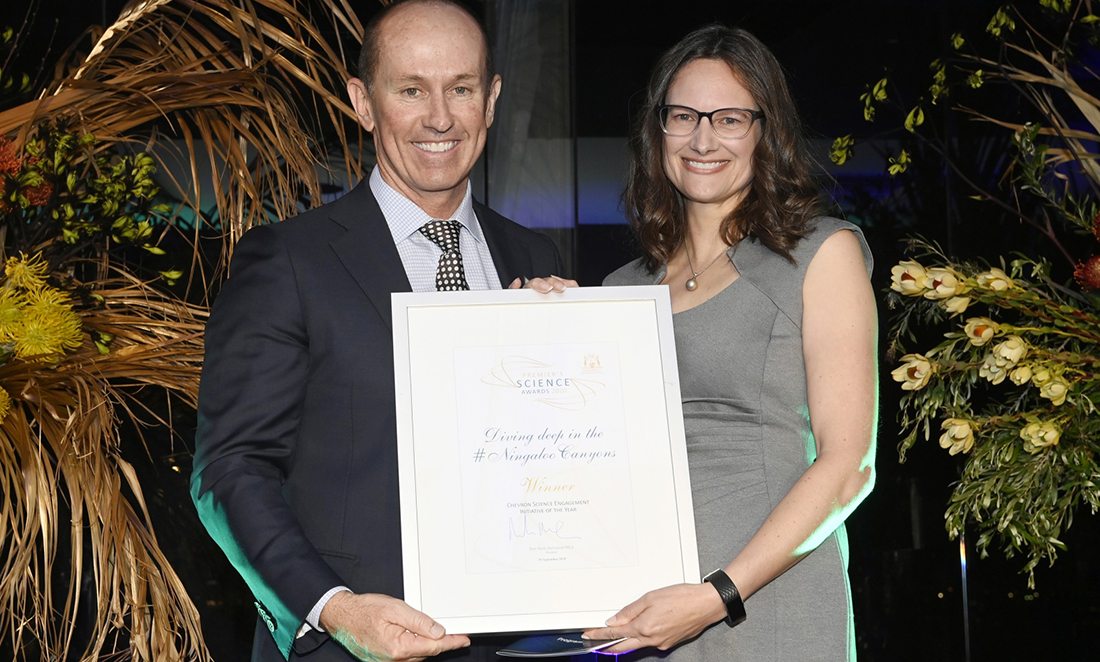
The Western Australian Museum’s #NingalooCanyons is a 32 day deep-sea expedition has two main goals; document and describe biodiversity in two deep-sea canyons off the Ningaloo Coast World Heritage Area, and engage people with the Gascoyne Marine Park. During the expedition, over 1,000 biological samples were collected from 20 Remotely-Operated Vehicle dives. The expedition also engaged the community via live-streaming deep-sea dives, social media, and onboarding students.


